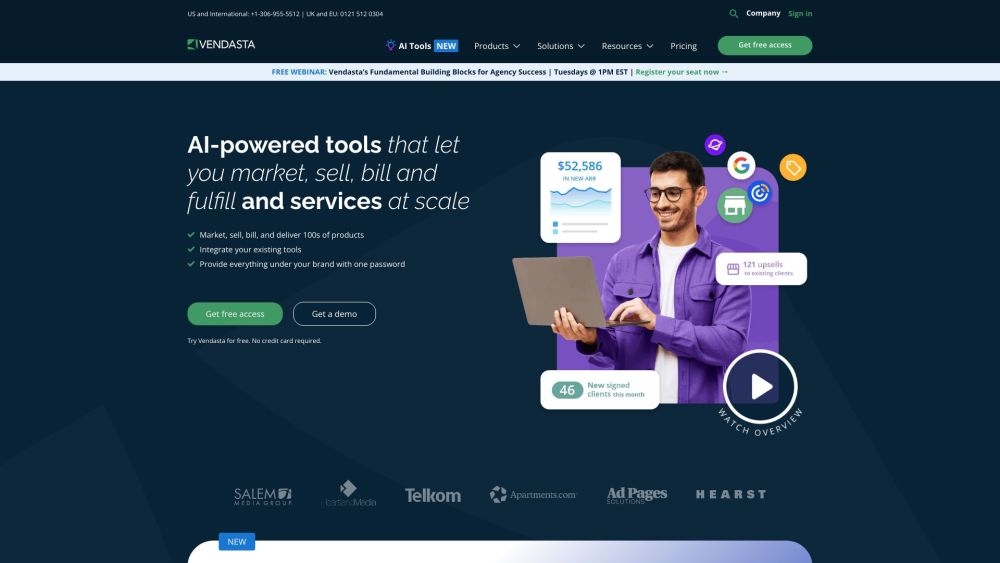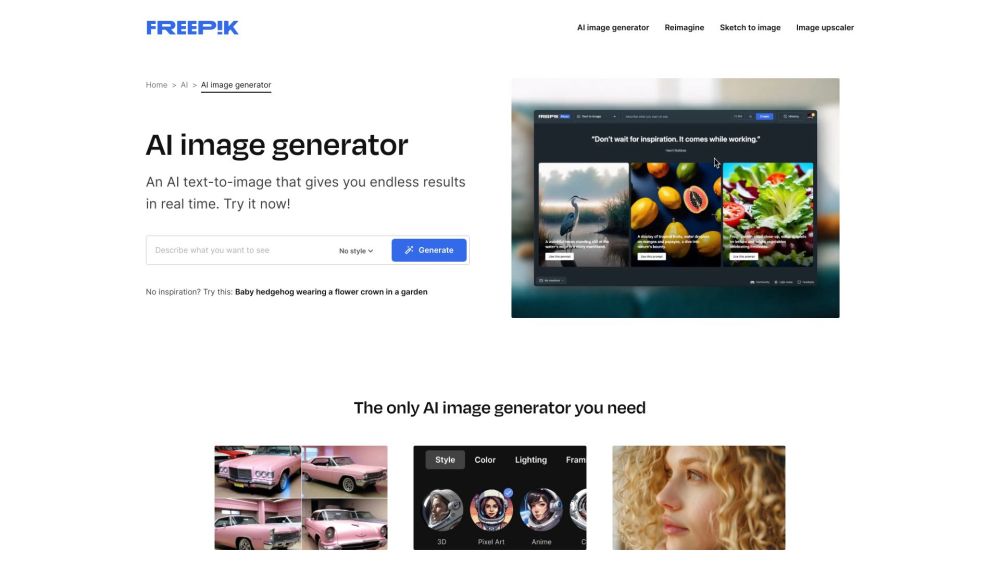The Rise of AI PCs: A New Era in Computing
The concept of AI PCs is gaining significant traction in the financial markets. Companies related to AI PCs, such as Guangda Tongchuang and Xinyin Electronics, have recently hit their daily trading limits, making them key targets for institutional investors.
2024: The Dawn of AI PCs
Industry experts predict that 2024 will be pivotal for AI PCs, marking their emergence as a transformative force in the computing landscape. Chip manufacturers and traditional PC makers are rushing into this evolving market. According to IDC, an AI PC is defined as a personal computer equipped with a Neural Processing Unit (NPU). Chen Shuxin, a Senior Research Manager at IDC China, emphasizes that AI PCs can perform more complex computations than traditional PCs, supporting a range of user needs from work to creativity.
Major players like Intel, NVIDIA, AMD, and Qualcomm are investing heavily in AI PCs, alongside established PC brands such as Lenovo, HP, and Apple. Earlier this year at CES, NVIDIA introduced three new graphics cards tailored for AI PC devices, showcasing the growing commitment to this segment.
Corporate Responses and Growth Projections
Lenovo has launched a variety of AI PC products, with other leading manufacturers like Dell and ASUS also entering the market. A report from Debang Securities highlights that 2024 is expected to witness substantial growth in AI PC adoption, with IDC projecting a leap in market penetration in China from 8.1% in 2023 to 54.7% by year’s end. This shift is likely to accelerate the replacement cycle for PCs.
Publicly traded companies are optimistic, with Wanxiang Technology indicating that AI PCs will play a crucial role in future technology trends, emphasizing the need for improved battery performance due to increased energy consumption.
AI PC Capabilities and Applications
AI PCs offer impressive capabilities through their NPUs, enabling them to perform complex tasks such as image recognition, natural language processing, and machine learning. This functionality significantly enhances productivity, especially in data-intensive environments.
- Smart Assistant Features: AI PCs can integrate virtual assistants to help users manage tasks, schedules, and provide personalized recommendations based on user preferences.
- Enhanced Security: Advanced security measures like facial and voice recognition help prevent unauthorized access and protect data.
- Efficient Resource Management: AI PCs intelligently manage system resources, optimizing power consumption and improving user experience.
Application Prospects
- Office and Productivity: AI PCs can automate tasks, perform smart document processing, and analyze data to enhance workplace efficiency.
- Education: They support personalized teaching, offering intelligent tutoring systems for improved student outcomes.
- Creative Design: Designers benefit from AI PCs' robust graphics processing, which streamlines the design process.
- Smart Home Integration: AI PCs can act as central hubs for managing smart home devices, enhancing daily convenience and connectivity.
- Healthcare: In the medical field, they assist in diagnostics, treatment planning, and managing medical records.
Strong Growth Momentum for AI PCs
After a prolonged downturn, the PC industry is revitalizing due to AI PCs. While global PC shipments have faced eight consecutive quarters of decline, Canalys reports a 3.2% year-over-year increase in shipments during the first quarter of this year, fueled by the introduction of AI PCs.
Chen Shuxin notes that as manufacturers promote AI PCs, they will increasingly replace older models, catering to diverse business and consumer needs across various sectors.
Challenges and Future Outlook
Despite the potential of AI PCs, experts recognize that this technology is still developing, with best practices for integration and application yet to be fully established. Wang Xu, a Senior Investment Advisor at Jifeng Investment Consulting, points out that while AI PCs hold promise, widespread market acceptance remains in its early stages.
Nevertheless, the arrival of AI PCs signals a transformative shift in computing, rich with prospects for growth and innovation. The commitment from major companies and the industry's momentum suggest a bright future for this technology, poised to redefine the market and meet diverse user needs across multiple industries.




